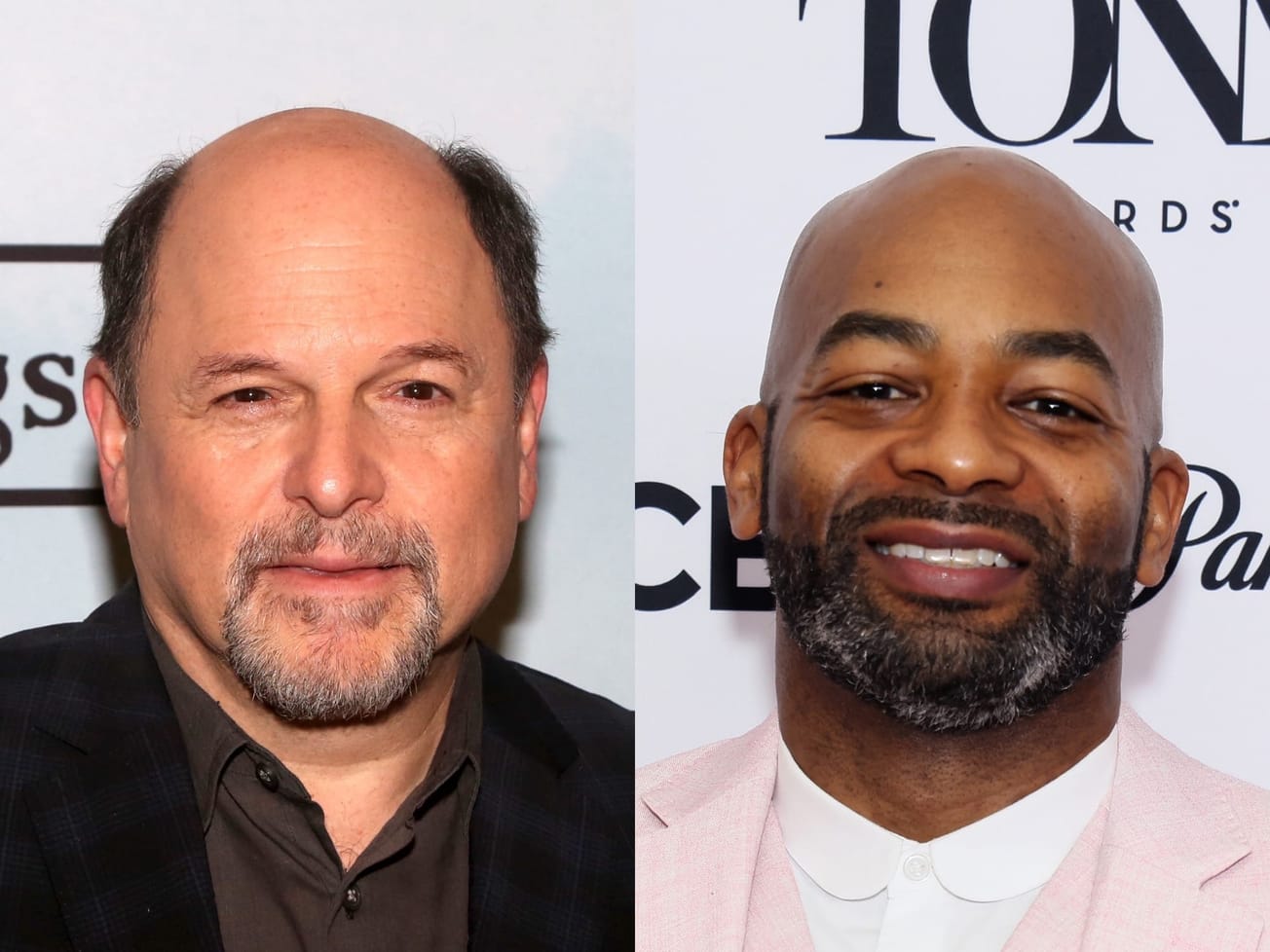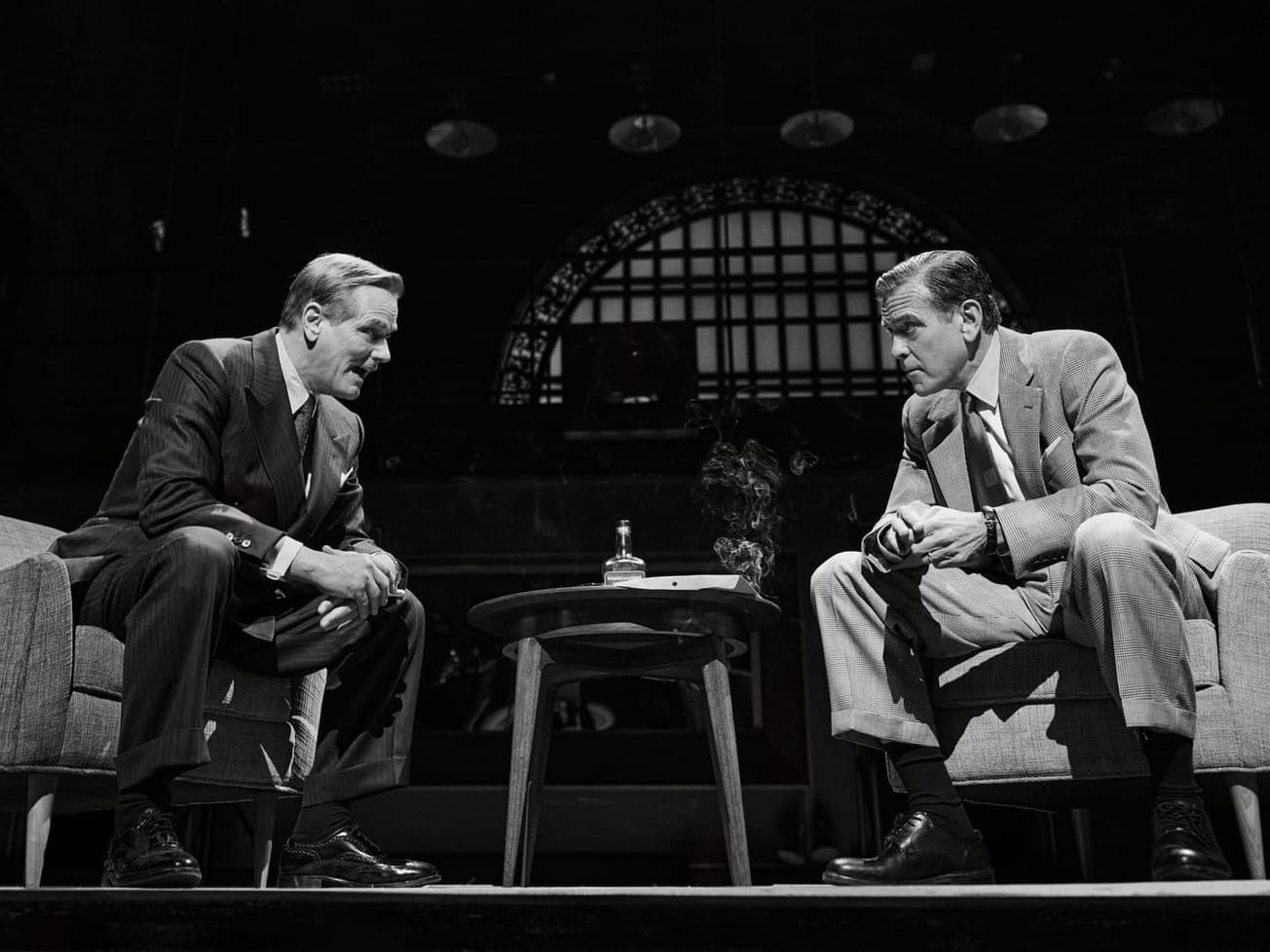The Recording Academy is making changes to Grammy Awards guidelines for musical theater in the hopes of revitalizing one of its leanest categories.
For the first time, the Academy has added a screening committee to the musical theater category to help decide which submitted artists and recordings will be eligible for Best Musical Theater Album. It has also updated language to clarify the broad spectrum of eligible nominees and albums.
The category typically receives about 40 entries a year, the minimum threshold necessary to receive the standard five nominations.
“It’s a category that really hovers right around that breaking point,” said Bill Freimuth, the Recording Academy’s senior vice president of awards.
If a category receives 40 or more entries, it will get five nominations; if it receives between 26 and 39, it will get three.
To help boost the numbers, new language this year explains an existing rule: the category is not just limited to Broadway musicals, but rather can apply to regional theater productions as well as musical theater pieces that have never made it to stage, including solo musical theater albums and concept albums.
Additionally, the guidelines now clearly state that potential Grammy recipients can include members of the ensemble, rather than just principal vocalists, that made significant contributions to the recording.
To determine the eligibility of submitted albums and vocalists, the Recording Academy has established a screening committee specifically for musical theater.
“We found that there was some confusion as to what was eligible and for what we were voting,” Freimuth said.
The committee, made up of a panel of musical theater experts, will meet for the first time in September to sort through the submissions before nominations.
The eligibility period for the 2019 Grammy Awards runs from Oct. 1, 2017 to Sept. 30, 2018. The last deadline to submit a recording for the Awards is from Aug. 8 through Aug. 22.
The first round of voting begins in October 2018.
These changes, as well as the new guideline reaffirming that only the recording, not the show’s physical production elements, are to be considered for the Grammy Awards, came out of task force of theater professionals created by the Academy to make recommendations.
The task force has also been working to ramp up the number of Grammy voters who will be able to vote in the musical theater category. Anyone who has performed on, written, engineered or produced a musical theater album is eligible to apply to be a voting member of the Academy.
The musical theater category is one of the founding categories of the Grammy Awards and is beloved within the Academy, according to Freimuth, which helps ensure its staying power.
“I wouldn’t ever say that it’s in danger of going away,” Freimuth said. “There’s too much love for it.”
And thus far the category has never fallen below 25 submissions, which would typically mean that a category would be put on hiatus.
But, comparatively, most of the other 83 categories receive about 100 submissions, which Freimuth notes is “probably never going to happen” in the musical theater category.
Limiting factors include the small number of new musicals each year and the cost of making a recording, said Kurt Deutsch, president of Sh-K-Boom/Ghostlight Records and a member of the musical theater task force.
“There’s not necessarily 40 new musicals or revivals that open each year, and making a cast album is not inexpensive,” Deutsch said.
The average cost of producing a cast recording is $150,000 to $400,000 or $500,000, Deutsch said.
But Deutsch notes that producing an album can be a boon to ticket sales, and can help create an audience capable of bringing the show to the stage, as was the case for his label’s cast album of “Be More Chill.”
And, as Freimuth puts it, it can be an important next step after winning a Tony Award.
“If you get a Grammy and a Tony, you’re halfway to your EGOT,” Freimuth said.


























































